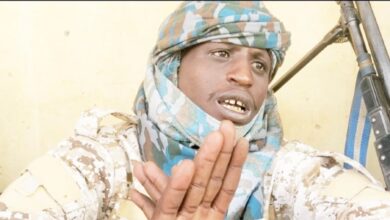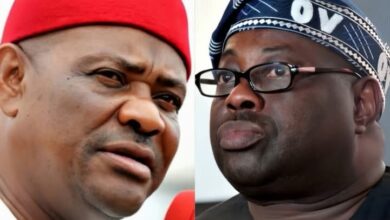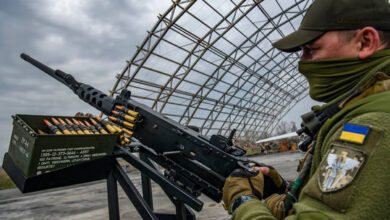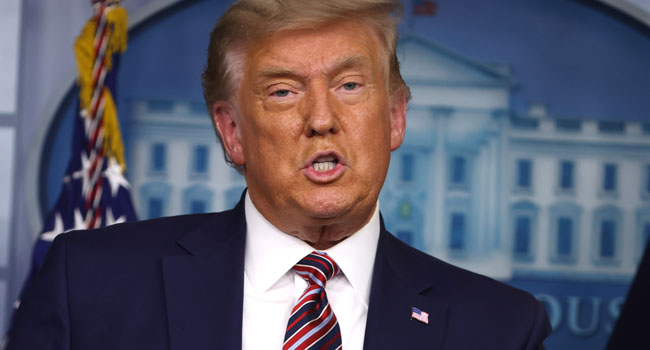PMB, his constructive critics, and the seemingly formed Elrufa’i school on Nigerian leadership
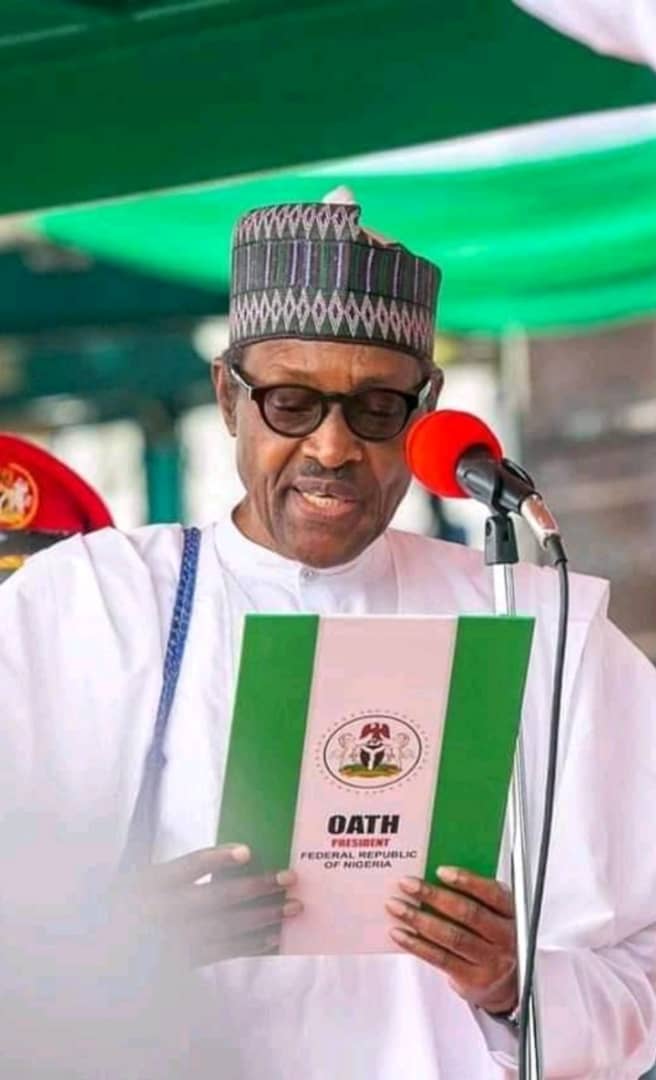
PMB believes in the idea of Nigeria. He believes the system and its operational procedures in place are flawless. He is a proceduralist. So all along, he has always believed, the problem of Nigeria is a problem of lack of submission, by its leadership, to due process and of strict adherence to procedural ethics. Yes, according to the books!
In this PMB doesn’t think he will get results by sacking ineffective officials, in discharge of responsibilities, where procedures, are established to have been followed, but did not yield the desired result, provided there is no breach of trust or an established case of corruption. The solution only will be about change in strategy. Same routes, same tunes, different dance steps with the advantage of coming afresh against today’s slightly changed variables from yesterday’s.

Where procedures have not been followed, the duty of a leader first, is to go back and ensure that all mechanisms are put in place to ensure that they are followed diligently. ‘Seek ye the Kingdom of procedures and all should be added unto you’. An official dispensed with for ineffectiveness, will only be replaced by another of his kind or worst. Just check with procedures, in the ultimate, if you need to fix things!
This is PMB’s paradigm; his operational frame of reference as far as leadership question is concerned in Nigeria. If also you find him wanting even on the question of due diligence on procedural ethics, it is because of the long neglect, of the rules of procedure in the operational activities of the country, since years ago. He intervened in 1984/85 to correct the anomaly but he won’t be allowed by the detractors of good process, he thinks. A situation worsened by PDP 16 years of ‘wasted’ opportunity, he always affirms!
PMB is a system person but a proceduralist, not a reformist. To him, the best of Nigeria was its first republic, in terms or adherence to rules of procedure not in terms of structures. Our present structure is the best since onions and potatoes. Our best bet is to travel back to the image of the first republic in operational ethics!
PMB is not a pro-masses populist in the mold of Aminu Kano. When he mentions the masses, the poor, (talakawa) and the idea that he is for them, he only means, he is working at the procedural rules that prevented them from getting the best of Nigeria. And that will take us a long time. All should only be patient. He will not circumvent the procedures to bring to us the low hanging fruits of change. Period!
I believe that even if some of us disagree with him, he is overtly sincere in these. No hypocrisy. Maybe it is why we always try to understand with him.
His Many Constructive Critics
The many critics of PMB are like him. They believe in the idea and the system Nigeria is running. They like procedures. But are not ready to understand with him, when the procedures in place, do not get him the desired results, even when followed diligently. It must be the fault of somebody that deserves being sacked. Some are even ready for PMB to sacrifice the procedures for results. They like OBJ and praise him to high heavens as a competent leader for most of his similar actions – even though he has not left Nigeria in a better stead than he took her; because policy continuation is the hallmark of system achievement.
Also if it can be established that procedures have not been followed, the quick solution is also to sack officials even when sacking them will reproduce the same set of characters with the same sets of worst results. It is a clear mark of competence and vision to be able to swiftly sack, in the face of, ineffectiveness even at the expense of adherence to the rules of procedure. OBJ was a competent leader because he was able to deal with his VP the way he did, when he realized his VP was ‘ineffective’.
I foresee a lifetime disagreement between this category of PMB critics and PMB. Because what they believe is competency is invariably what he believes to be arbitrariness which according to him is one of the worst things that ever happened to this country. Some moderate voices among these critics admit loving PMB’s proceduralist’s operational paradigm but insist on his finding a middle ground between arbitrariness and adherence. They argue that it is the type of the creativity with policy that is needed to run Nigeria. Some of them hailed his handling of Ononghen affair in similar fashion.
The Third Force: The Seeming Elrufa’i’s Group
Nigeria can be better as a system and in structure. As a system, we can do a lot in the areas of institutional reforms and with an entrenched culture of reforms at each specified intervals. In structure, there is much that can be done about the core operational paradigm. This group’s is primarily in definition and perception, changing, in its approach.
This group may not want ineffective officials at delivery to be sacked. But instead the whole foundational philosophy of a failed procedure be revisited, amendments made and unable-to-catch-up with-the-process, demands and ethics, officials, be weeded out. This is what Elrufai once did with primary school teachers in Kaduna; it would have been what some of us would have advised Nigeria to do with the entire national security architecture, given the present circumstances.
Nigeria has to be critically looked at. We need structural and institutional reforms in virtually all areas of our socio-cultural life. After independence and now, there are compelling needs that should force us to re-look at the past mistakes and using the benefit of knowledge, experience and standard vision, call for a new Nigeria based on renewed contract and principles of engagements. For what is dead may not actually be dead and what is living may actually be a ghost. Nigeria is ghost of its original concept. What was buried to erect Nigeria is actually here with us. We need something very fresh. That, since yesterday!


